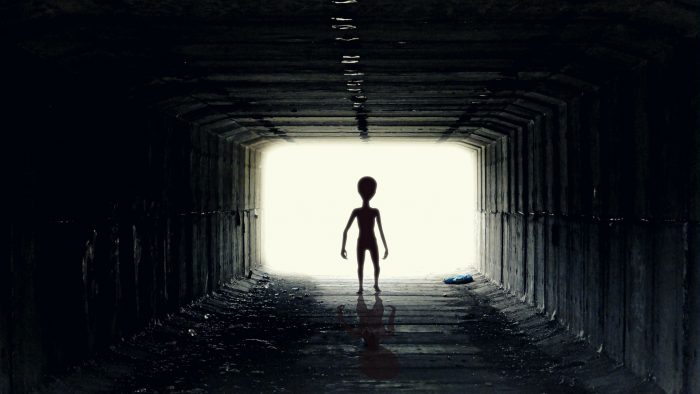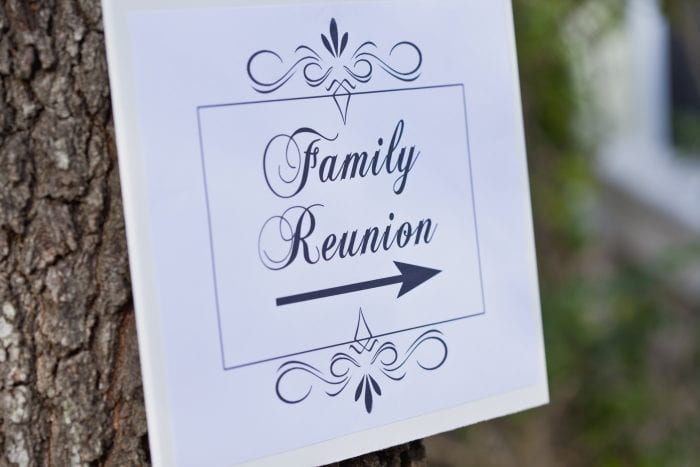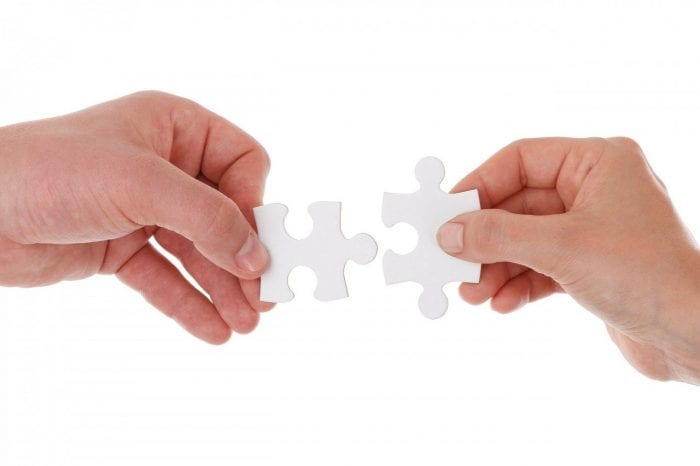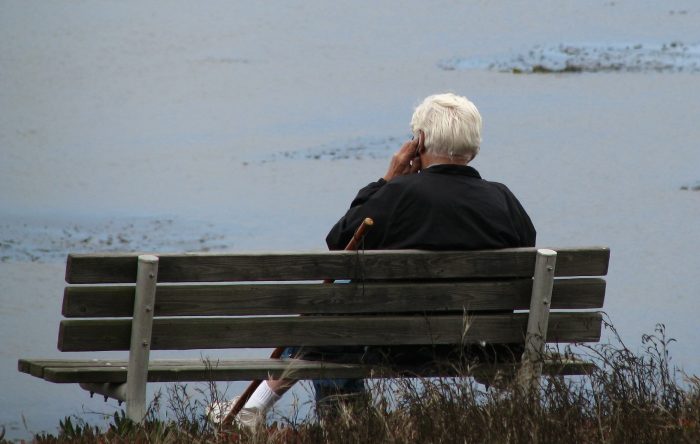By Daniel Dunaief

Aliens are all the rage these days.
People are excited about the declassified documents that seem to suggest a technology that exceeds American understanding and know-how.
Of course, one possible explanation is that other people built them. With billions of intelligent humans scattered around the planet, it’s possible that we have fallen a few steps behind the most advanced surveillance technology of the world, making these sudden flying objects that disappear an enormous mystery, even as our fellow humans elsewhere are snickering.
While that only feeds into the advanced state of American paranoia, it doesn’t preclude the possibility that these technological mysteries are human-generated. Then again, maybe someone has built a time machine and is tooling around in a craft from future humans. If that’s the case, why didn’t our descendants do more to fix historical tragedies, global warming or other human errors?
Another tantalizing option exists: what if they are, indeed, alien? What if advanced creatures from another planet, galaxy, solar system, or celestial neighborhood, have come into our airspace to spy on us, learn our secrets and decide whether to stick their appendages out at us so we can meet them and become acquaintances or allies?
I was thinking about what I might say to an alien scout gathering information to decide whether to bring all manner of other creatures to our planet to share a drink, catch a baseball game, and argue the merits of communism versus capitalism.
I imagine a conversation might go something like this:
Alien: So, tell me about yourself?
Me: Well, uh, I’m human.
Alien: What does that mean?
Me: I guess it means I can talk to you and that, unlike other animals on this planet, I have imagined what this conversation might be like for much of my life.
Alien: How do you know other creatures didn’t imagine it?
Me: Maybe they did, but they seem kind of busy trying to avoid getting eaten.
Alien: That doesn’t mean they couldn’t imagine it.
Me: I suppose. So, where are you from?
Alien: Somewhere else.
Me: Wow, helpful. Can you tell me about yourself?
Alien: Yes, but I made a long trip and I’d like to hear about you, first. Do you mind?
Me: Now that you put it that way, I wouldn’t want to be considered intergalactically rude. So, what else can I tell you?
Alien: What’s the best and worst part of humanity?
Me: It’s hard to come up with one of each. Our ability to help each other is near the top of the list. Oh, as is our ability to imagine something, like traveling to the moon or Mars, and then making it happen. Music and art are also pretty amazing.
Alien: What about the worst?
Me: Destruction? Hatred? Violence? Excluding people? Preying on people’s weaknesses? Using our trauma to traumatize other people?
Alien: You sound complicated. Can we trust you?
Me: We don’t trust each other, so, going by that, I’d say, caveat emptor.
Alien: What does that mean?
Me: It means, “let the buyer beware.”
Alien: Hmm. So, who is this near your leg?
Me: That’s the family dog.
Alien barks at the dog. The dog barks back. The alien nods.
Alien: We’ve decided to go in a different direction.
Me: Wait, where are you taking my dog?
Alien: He’s not yours, and he’s chosen to join us.
Me: Can I come?
Alien laughs and flies off, buzzing close by a jet, the sound of the family pet laugh-barking in the skies.














